24 of the Best Award-Winning Poetry Books
Deciding that you would like to read some poetry is one thing; knowing which poetry collection you want to pick up is another. The world of poetry is vast, and it can be bewildering. Looking for the best award-winning poetry books is one way to solve this problem. With award-winners, you know that a prize jury has vetted the books. You know at the very least that a group of readers familiar with the poetry world picked these books as the best.
I have rounded up 24 of the best award-winning poetry books in the hope that this list will make it easier for you to find your next poetry read. I also hope that it will introduce you to some poets you aren’t familiar with, broaden your knowledge of the poetry world, and leave you wanting to read even more. That’s my dream, anyway!
I decided to stick to books published in the last 15 years. It seems to me that the poetry world is particularly exciting and vibrant right now, and I wanted to celebrate that. Sticking to contemporary poetry is also a way to narrow down an enormous field. If this list inspires you to read more poetry, I have links to further recommendations for you at the end, including more contemporary works and older ones. But for now, let’s get to the books!
24 of the Best Award-Winning Poetry Books
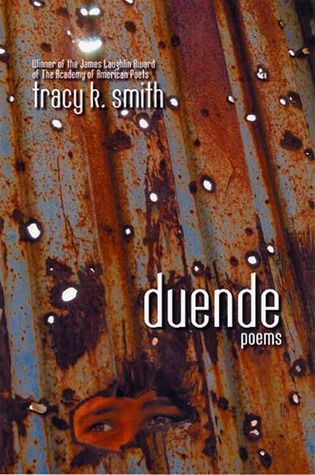
Duende by Tracy K. Smith
Duende (2007) won the James Laughlin Award from the Academy of American Poets, and Tracy K. Smith served as Poet Laureate from 2017 to 2019. “Duende” refers to passion and inspiration. This collection speaks to history, current events, and political resistance, and celebrates cultures that have been ignored and suppressed.
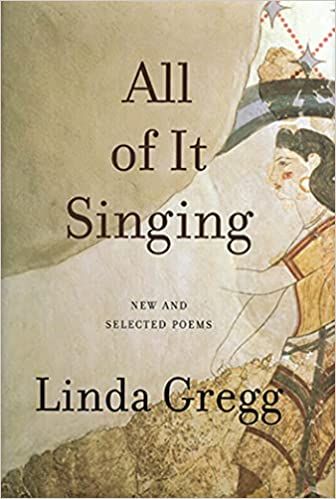
All of It Singing: New and Selected Poems by Linda Gregg
All of It Singing (2008) won the Jackson Poetry Prize, the Lenore Marshall Poetry Prize, and the William Carlos Williams Award. The collection gathers together more than 30 years of Gregg’s poetry, including poems from six previous books as well as new ones.
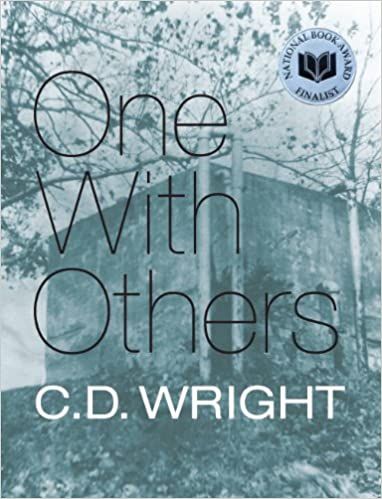
One With Others by C.D. Wright
One With Others (2010) won the National Book Critics Circle Award and the Lenore Marshall Poetry Prize. It mixes journalism, history, and poetry to explore an incident in the Civil Rights movement in Arkansas. Wright draws on oral histories, hymns, lists, newspaper articles, and memories.

Head Off & Split by Nikky Finney
Head Off & Split (2010) won the National Book Award for Poetry. This collection is in dialogue with important African American figures and events. Finney writes about Rosa Parks, Condoleezza Rice, victims of Hurricane Katrina, among others.
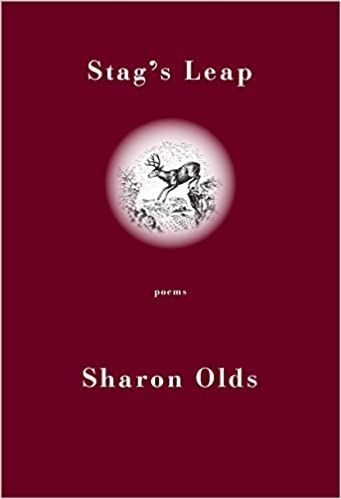
Stag’s Leap by Sharon Olds
Stag’s Leap (2012) won the Pulitzer Prize in 2013 and the T.S. Eliot Prize. Its sequence of poems tells the story of the speaker’s divorce, moving through the end of the marriage into the emotional aftermath. It’s an open, honest, generous portrait of one of life’s most disruptive events.
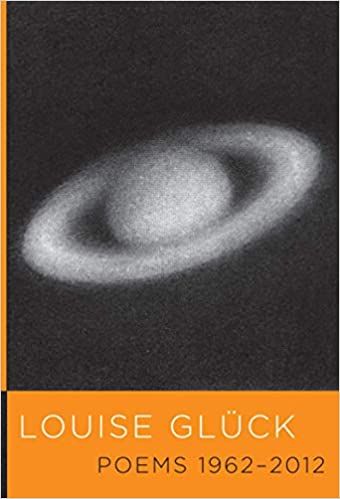
Poems 1962-2012 by Louise Glück
Poems 1962–2012 (2012) won the Los Angeles Times Poetry Book Award. Glück also won the 2020 Nobel Prize. This collection gathers together 50 years of her poetry, showing the range and importance of her work. It includes 11 of her previously published works.
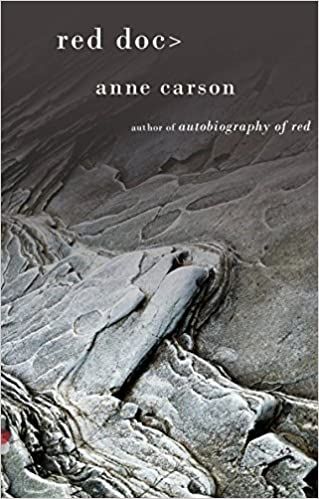
Red Doc> by Anne Carson
Red Doc> (2013) won the Griffin Poetry Prize, a prize from Canada with an award specifically for Canadian writers (which Carson is). It’s a follow-up to Carson’s novel in verse The Autobiography of Red, picking up the story of Geryon, now called “G,” and his fate 15 years later. It’s a genre-bending prose poem based on Greek myths.
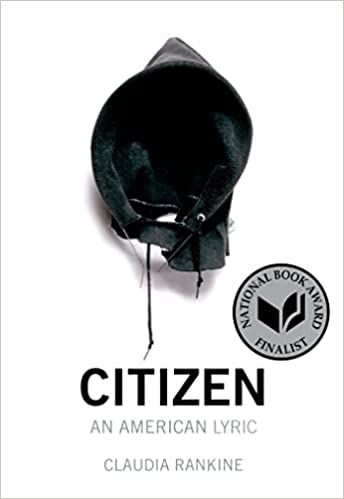
Citizen: An American Lyric by Claudia Rankine
Citizen (2014) won the National Book Critics Circle Award for Poetry, the PEN Open Book Award, and the Forward Prize for Best Collection. Rankine writes about racial aggressions and the toll they take on Black citizens in the U.S. The collection is an innovative mix of poetry, essay, and image.

Book of Hours by Kevin Young
Book of Hours (2014) won the Lenore Marshall Prize from the Academic of American Poets as well as the Donald Justice Award. It’s a collection about grief, loss, and renewal. The short poems, divided into five sections, explore the death of the speaker’s father as well as the birth of his son.
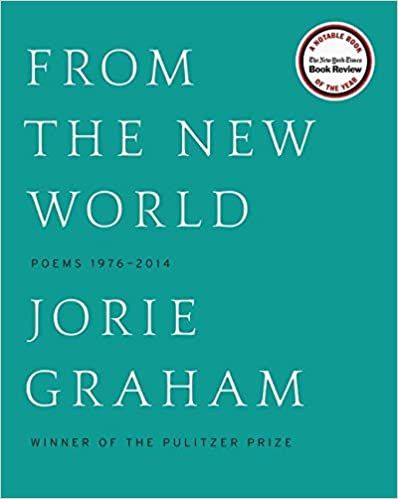
From the New World: Poems 1976-2014 by Jorie Graham
From the New World (2015) won the Los Angeles Times Book Prize in poetry. It collects almost four decades of writing, including poems from 11 books from Graham, who is also a Pulitzer Prize winner. The poems are wide-ranging but cover living in social and ecological crisis in particular.
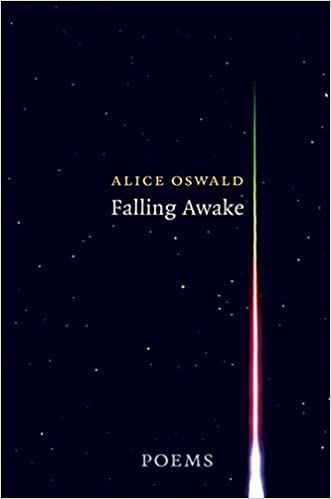
Falling Awake by Alice Oswald
Falling Awake (2016) won the Costa Award for Poetry, an award that recognizes writers based in Britain and Ireland. It also was the international winner of the Griffin Poetry Prize. The poems in this collection explore nature and change, often drawing on Greek mythology to do so. Orpheus and Tithonus bookend the collection.
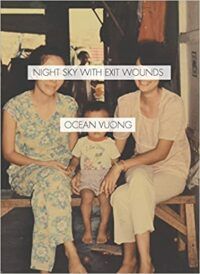
Night Sky With Exit Wounds by Ocean Vuong
Night Sky With Exit Wounds (2016) was the winner of the T.S. Eliot Prize, the Whiting Award, the Thom Gunn award, and the Forward Prize. Vuong’s poems cover his Vietnamese heritage, family life, war, the body, sexuality, and violence. It’s his first full-length collection.
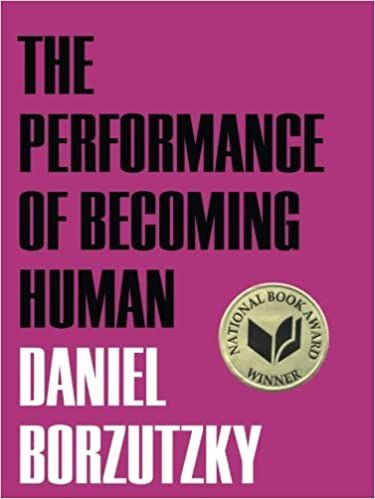
The Performance of Becoming Human by Daniel Borzutzky
The Performance of Becoming Human (2016) won the National Book Award for Poetry. This collection touches on themes of borders, immigration, and political and economic injustice. It’s about what it means to be human in the face of institutions and institutionalized violence.
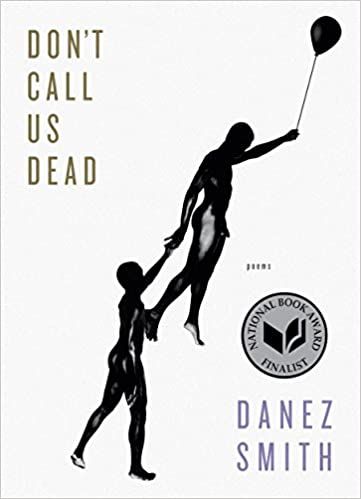
Don’t Call Us Dead by Danez Smith
Don’t Call Us Dead (2017) won the Forward Prize for Best Collection and the Poetry Society of America’s Four Quartets Prize. Smith’s poems meditate on the the effects of police brutality and on racism and homophobia more generally. They look at black, queer life in the U.S. and living with HIV.
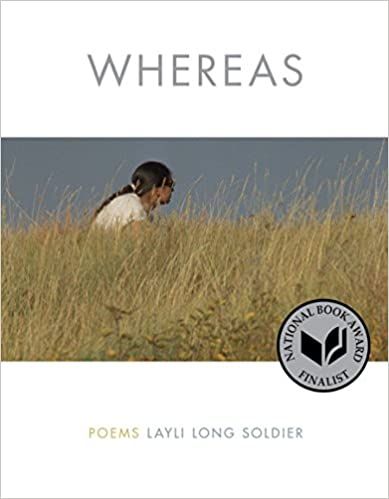
Whereas by Layli Long Soldier
Whereas (2017) won the National Book Critics Circle Award for Poetry and the PEN/Jean Stein Award. It’s a book that speaks to the U.S. government’s treatment of Native American peoples and the duplicitous language that is a part of that history. It’s also formally innovative, using prose poetry to explore language and history.
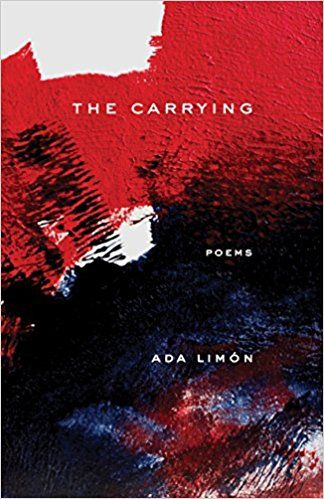
The Carrying by Ada Limón
The Carrying (2018) won the National Book Critics Circle Award for Poetry. The collection contains poems on daily life that also touch on creativity, fertility, loss, passion, politics, and more. The poems are vivid and lush, full of the natural world and deeply-felt emotion.
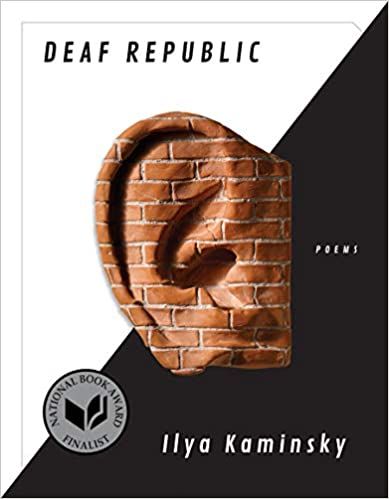
Deaf Republic by Ilya Kaminsky
Deaf Republic (2019) won the Los Angeles Times Poetry Book Prize. It tells a story of soldiers in an unnamed, occupied town who kill a young boy who is deaf. The sound of the gunshot makes the whole town lose their hearing. The book describes the townspeople’s dissent and heroism in response to violence.
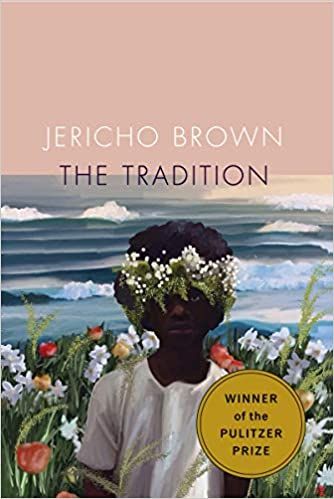
The Tradition by Jericho Brown
The Tradition (2019) won the Pulitzer Prize in 2020. The collection explores fatherhood, queerness, trauma, freedom, Blackness, and more. It’s also formally innovative, introducing a new form called the duplex, which combines the sonnet, the ghazal, and the blues.

A Fortune for Your Disaster by Hanif Abdurraqib
A Fortune for Your Disaster (2019) won the Lenore Marshall Poetry Prize. It’s a wide-ranging collection that takes up heartbreak, loss, forgiveness, memory, race, and much more. Abdurraqib brings the collection together with repeated titles such as “How Can Black People Write About Flowers At a Time Like This,” and poems on Marvin Gaye and Nikola Tesla.
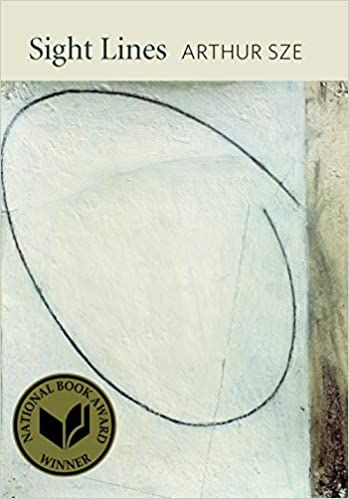
Sight Lines by Arthur Sze
Sight Lines (2019) won the National Book Award for Poetry. This collection contains poems on transformation and change, on the beauty of nature, and on threats of ecological destruction. The formally innovative poems work using associative logic, moving from image to image to create a moving whole.
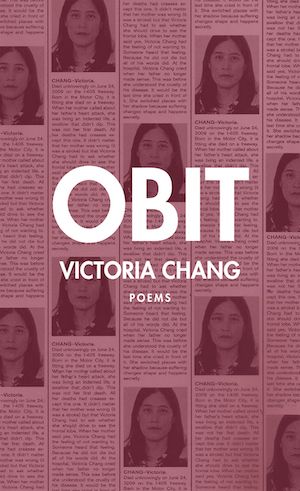
Obit by Victoria Chang
Obit (2020) won the Los Angeles Times Poetry Book Prize and the PEN Voelcker Award. The collection is a series of obituaries written in response to her mother’s death and her father’s illness. Through these obituaries, Chang mourns the many, varied things she has lost and explores the experience of loss itself.
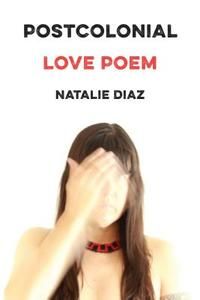
Postcolonial Love Poem by Natalie Diaz
Postcolonial Love Poem (2020) won the Pulitzer Prize in 2021. The poems in this collection look at desire, bodies, language, water, and land. Diaz writes about indigenous people’s present and past. The poems are erotic and political, full of love, sex, grief, and joy.
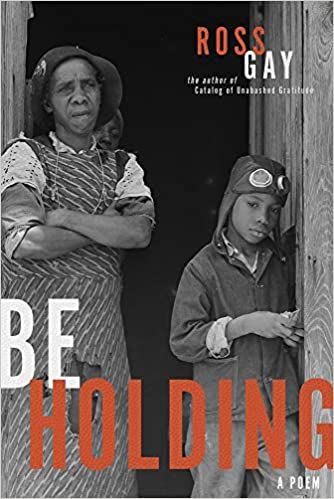
Be Holding by Ross Gay
Be Holding (2020) won the PEN/Jean Stein Award. It’s a book-length poem that begins in basketball as a celebration of Julius Erving’s famous baseline scoop. It moves on to photography, family, the Middle Passage, flying, the ethics of looking, and more.
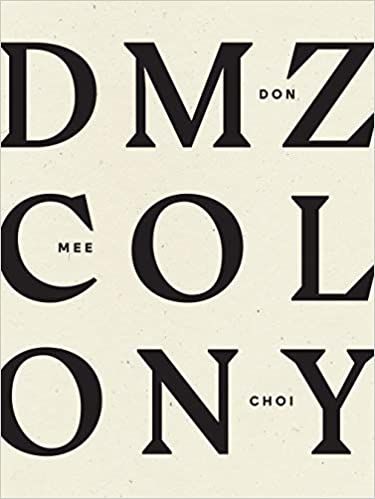
DMZ Colony by Don Mee Choi
DMZ Colony (2020) won the National Book Award for Poetry. It’s a hybrid work combining poetry, prose, photographs, and drawings that explore the nature of borders. It looks at colonialism, storytelling, translation, the histories of North and South Korea, and the author’s family history of migration.
I hope you find some poetry you love from this list of the best award-winning poetry books! If you are looking for even more great poetry, check out this list of 8 great poetry collections from 2021 and this list of 50 must-read poetry books. Book Riot is also ready to help with even more recommendations of contemporary poetry books. Enjoy!

إرسال تعليق
0 تعليقات